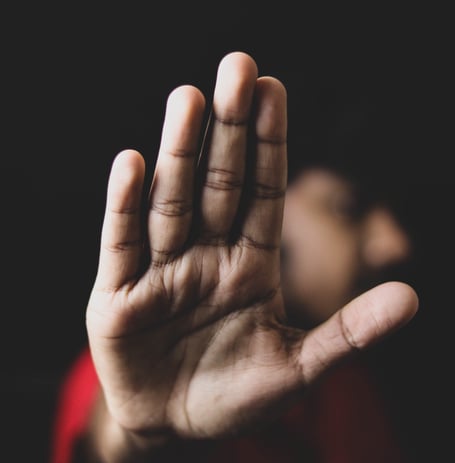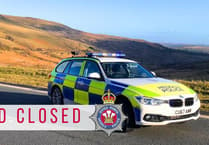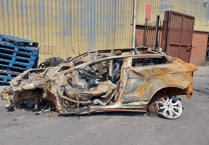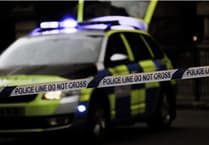The charity Crimestoppers is targeting the issue of sexual harassment in Welsh public spaces, as research shows over 70 per cent of women in the UK have experienced this. The new campaign highlights what sexual harassment is and encourages those who see it happening to report perpetrators to the charity 100 per cent anonymously. Recent figures show that one in three women have been victims of sexual harassment or sexual offences while commuting by train and tube and a survey conducted by Crimestoppers with the University of Suffolk revealed that shockingly around one in six people had their first experience of sexual harassment in public when they were aged just 10 or even younger. Sexual harassment also referred to as ‘unwanted sexual behaviour’ or ‘street harassment’, is all unwanted behaviour of a sexual nature that violates a person’s dignity, making them feel intimidated, humiliated and degraded. Sexual harassment in all its forms, whether experienced in person or online, can have serious and lasting effects on its victims. No matter their age, gender or sexual orientation, sexual harassment can happen to anyone – it’s never OK and it’s never an individual’s fault. When behaviour is left unchecked, it could escalate into perpetrators moving on to more extreme and dangerous types of harassment.
Sexual harassment can look like:
• Flashing/exposure - for example, exposing genitals in a public place.
• Sexual comments/gestures - behaviour such as 'catcalling' and 'wolf-whistling', sexual propositions (verbal and non-verbal), and/or making comments about someone’s body.
• Stalking - classed as a pattern of fixated or obsessive behaviour which is repeated, persistent, intrusive and causes fear of violence or engenders alarm and distress in the person targeted.
• 'Cyberflashing' - for example, sending or showing sexual images and/or website content/links, commonly transmitted via AirDrop or Bluetooth.
• Intrusive/persistent questioning - when you’ve made it clear you don’t want to talk to someone - e.g. “Have you got a boyfriend/girlfriend?”, “Where are you going?”
• Touching or rubbing against the clothed body of another person in a crowd (e.g. on a busy train or bus) as a means of obtaining sexual gratification.
• Watching explicit content in public areas - e.g. pornography, including in some cases trying to show this content to others nearby.
• 'Upskirting' - placing a camera beneath a person’s clothing to take a voyeuristic photograph without their permission.
• Standing too close when there is no need to or invading personal space - e.g. somebody standing/sitting unusually close to you on a bus or train service that isn’t very busy.
• Physical and/or sexual assault, rape - e.g. non-consensual touching, grabbing, groping, stroking, kissing. Sexual intercourse of any kind without consent.
If you see a crime in action, call 999. If you have information on the perpetrator and would prefer to stay anonymous, tell Crimestoppers what you know by calling 0800 555 111 at any time or complete an anonymous online form at Crimestoppers-uk.org or Fearless.org for young people. The police can be contacted on 101 if you are happy to reveal your identity.
Hayley Fry Regional Manager at the charity Crimestoppers, said: “Crimestoppers is taking part in this conversation as sexual harassment behaviours can escalate, with some perpetrators going on to commit the most serious of crimes such as rape and child abuse. We know this is a difficult and complex area, however we must all play our part in helping change behaviour and thinking about how sexual harassment affects others. “If you know a work colleague, friend, relative or neighbour who is involved in any criminal aspect of sexual harassment – please tell our charity. To pass on crime information completely anonymously, visit our Crimestoppers website and fill in the secure anonymous online form or visit Fearless.org for young people. Alternatively, call our UK Contact Centre, which is open 24/7, 365 days a year, on 0800 555 111. By contacting us, it means no courts, no witness statements and no comeback.”





Comments
This article has no comments yet. Be the first to leave a comment.